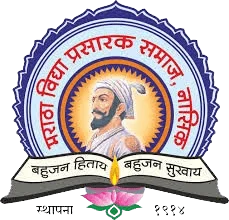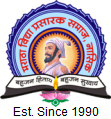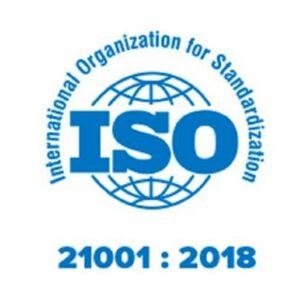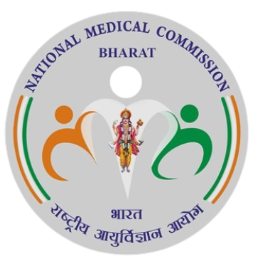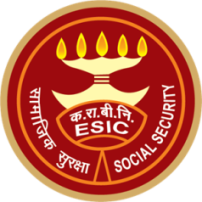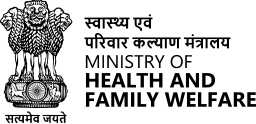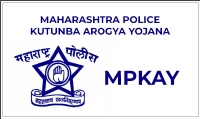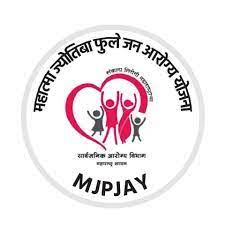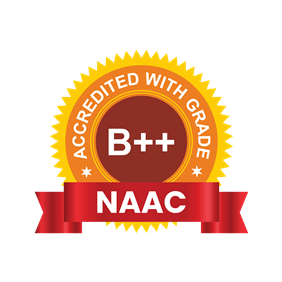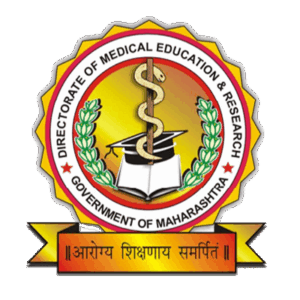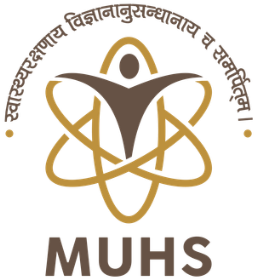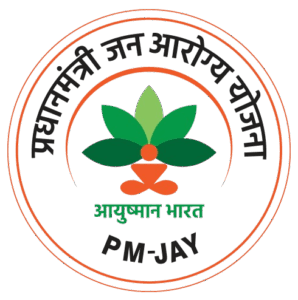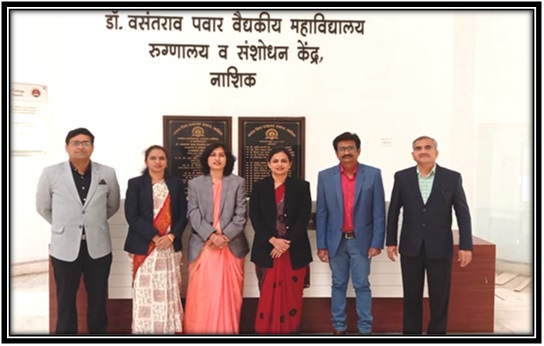
- Vision, mission & core values (Institute)
- Goal & Objectives
- GOAL -The goal of the department is teaching undergraduate students Human It aims at providing the students a comprehensive knowledge of the normal functions of the organ systems of the body to facilitate an understanding of the physiological basis of health and disease. To initiate the development of clinical examination skills and to sharpen their ability of application of knowledge in health care.
- OBJECTIVES
- a) KNOWLEDGE –
At the end of the course the student will be able to :
(1) explain the normal functioning of all the organ systems and their interactions for maintenance of homeostasis
(2) explain the relative contribution of each organ system to the maintenance of the milieu interior.
(3) describe the physiological aspects of normal growth and development.
(4) describe the physiological responses and adaptations to stresses.
(5) explain the pathophysiological basis of any disease and its treatment.
(6) co-relate the clinical findings and laboratory investigation results of a given patient.
- b) SKILLS –
At the end of the course the student should be able to :
(1) conduct experiments designed for study of physiological phenomena.
(2) interpret experimental/ clinical laboratory data.
(3) perform various haematological investigations.
(4) perform the general and clinical examination of the given patient.
(5) perform basic life saving techniques in a given subject.
- c) INTEGRATION –
At the end of the course the student will acquire an integrated knowledge of –
| Mechanism of temperature regulation |
| Adaptation to altered temperature(heat and cold) |
| Mechanism of fever, cold injuries and heatstroke |
| Cardio-respiratoryandmetabolicadjustmentduring exercise;physicaltraining effects |
| Physiologicalconsequencesofsedentarylifestyle |
| Physiology ofInfancy |
| Physiology ofaging;freeradicalsandantioxidants |
| Cardio-respiratorychangesinexercise(isometricandisotonic)with thatin theresting stateandunderdifferent
environmentalconditions(heatand cold) |
| Interpretationofgrowthcharts |
| Interpretationofanthropometricassessmentofinfants |
| Concept,criteriafordiagnosisofBraindeathanditsimplications |
| Physiologicaleffectsofmeditation |
| Historytaking andgeneralexaminationin thevolunteer/ simulatedenvironment |
| Basic Life Support in a simulated environment |
- d) Attitude –
At the end of the course the student will be able to :
(1) recognize the duties of a doctor
(2) recognize the importance of the doctor – patient relationship.
(3) recognize the expectations and rights of a patient.
